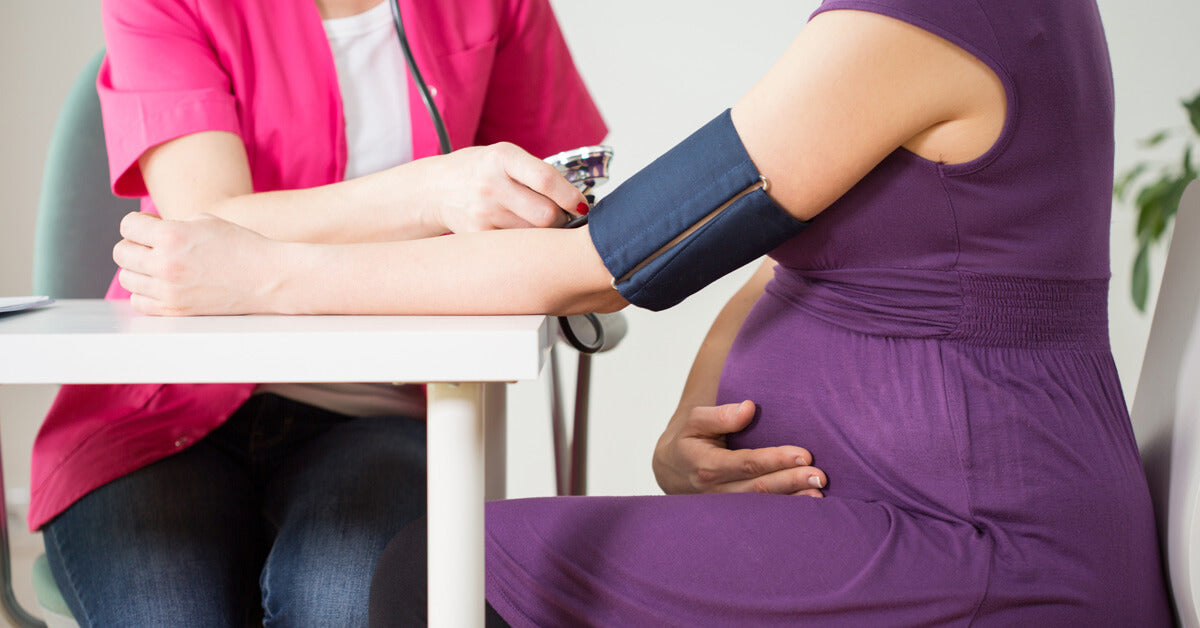
When to Have an Emergency Checkup (2 of 2)
In part one of when to have an emergency checkup, we covered Antenatal Care and Prenatal Visits as a means of prevention. In this follow up article, we’ll cover Check-Ups for Special Conditions and Necessary Check-up for Emergency Cases. Let’s continue.
Need an Emergency Check-Up Guide?
In part one of when to have an emergency checkup, we covered Antenatal Care and Prenatal Visits as a means of prevention. In this follow up article, we’ll cover Check-Ups for Special Conditions and Necessary Check-up for Emergency Cases. Let’s continue.
Check-ups for Special Conditions
Following the recommended schedule for check-ups is a must, but things may differ depending on each woman’s stature. More visits are required if you have health conditions or if you have developed health problems during pregnancy.
Here is a list of concerns that will require extra attention from you and your OB-GYN.
- Age – Pregnancy in the mid-30s can lead to a higher risk of complications in pregnancy. Babies conceived during this age are often born with birth issues. Hence, medical assistance is necessary.
- Pre-existing Health Condition – You will have to see your doctor more often if you have diabetes or high blood pressure. There is a need to closely monitor you and your baby’s health since these pre-existing health conditions can be fatal. The same goes if you have anemia, lupus, or asthma.
- Medical Issues During Pregnancy - Throughout your prenatal appointment with your doctor, there will be a lot of learning and discoveries. If medical concerns occur during your pregnancy, you may need your doctor to guide you to become healthier. Preeclampsia, gestational diabetes, and high blood pressure are some of these pregnancy-related health problems.
- Twin or Multiple Pregnancies – Having more than one fetus in your womb means double the care you will need, and you have to anticipate the possibility of having a C-Section for delivery. Having twins also evinces that they can be at risk of suffering TTSS or Twin-Twin Transfusion Syndrome. It means that they will have to stay in just one placenta.
- Previous Preterm Labor – Premature delivery in your history means there is also a tendency for you to go through the same process this time. So, it will also be your doctor’s concern to take charge of your health and nutrition to avoid preterm labor again.
Necessary Check-up for Emergency Cases
During pregnancy, you may feel a bit more sensitive about the things around you. Chances are it is your hormonal changes that give you this heightened ability.
However, there are certain instances when you need to stay calm despite the abnormalities. Panicking will not help, so instead of being anxious, you might as well be informed. Here are some of the crucial symptoms that signify you are probably in hot water.
Bleeding
Any form of bleeding in the vaginal area needs some examination, but spots of blood mixed with mucus can be a usual scenario for pregnant women. If the bleeding comes out in your urine coupled with severe cramps or stomach pain, you should call your doctor. It can be a sign of ectopic pregnancy, placental abruption, or miscarriage.
Fainting or Dizziness
Severe headache that lasts for hours can be a sign of pre-eclampsia or ectopic pregnancy when accompanied by dizziness or fainting. If it is more than momentary, there is a chance that you will lose consciousness or suffer convulsions. Take this seriously as there is a chance that blackouts that do not recover fast are life-threatening.
Fever
To have chills and fever above one hundred degrees Fahrenheit warrants a call or hospital visit. If you don't have a cold or flu, this can be a sign of infection.
Nausea or Vomiting
It's part of morning sickness, so this symptom is quite hard to consider critical. However, if you are experiencing excessive and non-stop nausea and vomiting more than two to three times a day, you need an immediate check-up. There may be an infection, or you may be suffering a condition called Hyperemesis Gravidarum, which signifies dehydration.
Abdominal Pain
If you are not yet due and not yet in labor, this condition can mean you have placental abruption or a ruptured ectopic pregnancy. Visit the hospital when the severe cramps in your lower abdomen follow heavy bleeding or otherwise. Intolerable stomach pain can also signify pre-eclampsia.
Urination and Diarrhea
Dehydration is a common health issue you need to pay attention to during pregnancy. If you are becoming thirstier and yet you urinate less, then it is severe dehydration. The same is true when it comes to diarrhea. Bloody or filled with mucus, your stools are probably telling you to visit your doctor soon, or it can lead to pregnancy complications.
Inactive Bump
You can feel more of your baby's movement at twenty-eight (28) weeks. If sudden inactivity becomes bothersome, you should take it seriously and go to the hospital right away. The general rule is about ten kicks or punches every hour to two. Although it doesn't necessarily mean that there is something wrong, you should call your OB-GYN to make sure your little one is safe in your womb.
Conclusion
Any troubling incidents may permit an emergency call, but even if it feels too petty and possibly alright, it won't hurt to ask your doctor for help or advice. Sometimes it is hard to rely on self-diagnosing or soliciting advice from Google websites and social media groups.
Being a parent is a lifetime commitment, and at every angle, we must be comfortable to either trust our instincts or ask for professional help. We hope this article helps you stay ahead of the what-ifs.
|
|
Meet Our KeaMommy Contributor: Nadia Rumbolt Nadia Rumbolt is a mom of many trades, including creative writing, blogging, van life, minimalism, veganism, the beach, nature, and the occult. |

























































